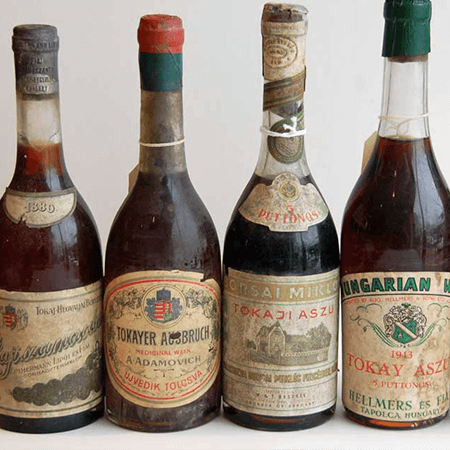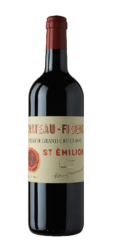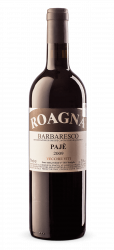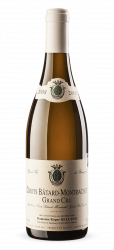How long does wine live?
Did you know that the average vine lives up to 80 years? For making wine, they begin to use grapes from the vine at least 5 years old. The age of the vine from 15 to 35 years is the most productive in terms of the number of grapes on one vine and its quality. Somewhere from the age of forty, the number of berries on the vine begins to decrease, but at the same time their quality increases. This only happens with the vine, which the winemaker forces to suffer a little from a lack of water, gradually forcing the root system to move into the depths of the earth in search of moisture, thereby enriching the berries with minerals from a depth of up to 12 meters along with water. Isn’t it something like a human life?
There are exceptions. There is a vine from the Slovenian city of Maribor, which celebrated its 400th anniversary. In Campania, I managed to meet vines that, already in the time of Pushkin, delighted people with their fruits.
What about wine?
Wine as a person is a living organism that is born, breathes, develops, reaching its peak, and then gradually, and sometimes quickly, loses its best properties and dies. It is hard to believe that there are wines that can still be drunk, even though they will turn 500 years old this century.
One of the unique examples is the 1540 German dessert wine Steinwein from Franconia. It is considered the oldest wine ever tasted. There are Tokay wines that can be interesting after 200 years in the bottle. French wines from the great Bordeaux castles (Latour, Mouton-Rothschild, Margaux, Lafite-Rothschild, Haut-Brion) are able to successfully develop from 20 to 60 years.

What kind of wine to store?
Most of us have no idea which wines are good for storage and which ones are best to drink right now.
There are simple rules to clarify this issue. The wine industry loves to talk about storing and collecting wines. Indeed, old wine has a romantic charm. It allows us to remind us of a year that was special for us – maybe the year of our birth or another memorable event. Quite simply, it may turn out that we did not even live at that time.
It is believed that only 1% of the total volume of wine produced in the world is intended for long-term storage. This is probably why there is a particular interest in wines that can cope with years of bottle life.
This does not mean that the rest of the wine will deteriorate as long as you store it correctly, it just does not mean that you should purposefully age it, as you will not get any benefit from waiting.
The basic rule is that almost all wines under € 15–20 and below must be drunk within five years or so.
If the wine has a strong structure and acidity, then it will definitely survive. Wine doesn’t have to be expensive. Wines with initially intense tannins and closed in the first ten years can develop into soft, fine wines with earthy aromas and ripe fruit notes.




